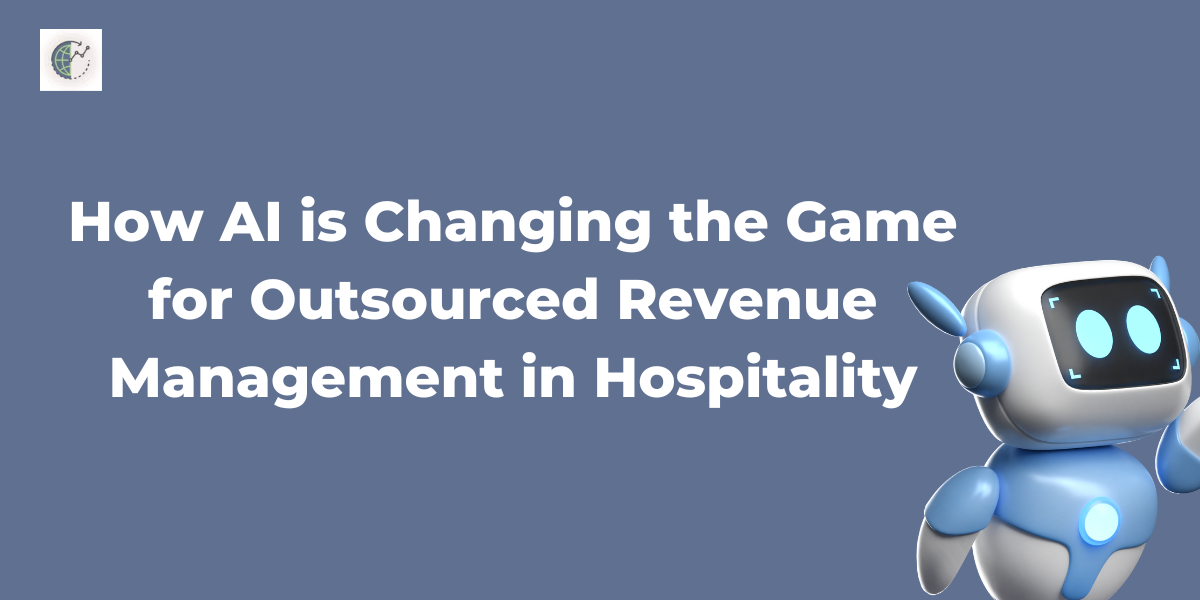
You can be forgiven for wanting to close, bolt and double lock the door on 2020 as quickly and firmly as possible and cross your fingers for a more promising 2021. The start of the year was full of optimism with demand high and occupancy levels healthy. But before we even had a chance to slip up on our New Year’s Resolutions, murmurings of a virus emanating from China started to seep through into the wider consciousness. As parts of the Far East went into a draconian style lockdown, hotels with a heavy reliance on the Asian market were the first to witness a taste of what lay ahead as travel bans triggered a wave of cancellations for inbound Asian visitors. With alarming speed, by the end of February this was no longer a virus confined to another continent and the industry looked on in disbelief as projections for a healthy and profitable 2020 collapsed before our eyes.
Whilst there is no doubt that 2020 has been a year of decimation for many, its also been a year that has demanded adaptability, creativity and a rethinking of long accepted practices. Here we review the lessons we learnt and what we’ll take into a post- Covid world. What are yours?
Cancellation Management
-
- Early stages of a pandemic bring a deluge of cancellations. Watch out for elements that are outside of your control – the decision by OTAs to devolve the management of cancellations to hotels was a surprise and a burden.
-
- A steadfast approach to terms and conditions does not work and policy flexibility is key
-
- Maintain cash in the business; re-booking guests for future dates is preferred over cancellations where possible
-
- Dealing with ongoing lockdowns, travel restrictions and viral waves requires creativity and guest communications to reduce cancellation ratios and encourage guests to stay
Cost base and the rise to fame of the Break Even Point
-
- The amount of money required to keep the operation going will change according to cost measures put in place.
-
- Working with very low demand requires tough assessments on whether it’s more cost effective to stay open or to close.
-
- The Break Even Point (BEP) per occupied room changes according to the responses we need to make to the ongoing changes in restrictions, cost saving measures put in place.
-
- As cost is put in to cover sanitisation measure, the BEP rises, as cost is taken out, through furlough payment and government grants the BEP lowers. As financial aid disappears, be prepared for having to meet higher BEPs
-
- The BEP for hotels in the UK pre-COVID was around 40%. As cost was removed the BEP decreased to 20% in July, rising to 26% in August, 27% in September and 31% in October (Hotstats)
Communication with the guest is key
-
- With ongoing uncertainty around travel restrictions and nervousness surrounding travel be prepared to shift to demand generation strategies
-
- Guest priorities shift. Note the importance of car parking facilities as guests shun public transport and the need to instil confidence in hygiene and cleanliness measures. Rethink marketing messages to focus on guest priorities
-
- Build a highly agile and responsive marketing plan to deal with localised lockdowns and restrictions. Get a deeper understanding of the guest. Where do they live? Can they travel? What is required on arrival?
-
- Align revenue management and digital marketing strategies to align to drive appropriate, relevant and consistent messages within a highly fluid environment,
- The HR Element
-
- Adapt the team to working from home. With non-essential travel discouraged, and many hotels closed or offering a limited service, office life disappears.
-
- Location is not a prerequisite to building cohesive and efficient teams committed to deliver results Recruitment is now based on skill set rather than location
-
- With key segments such as corporates virtually non-existent, revenue managers had to rise to the challenge of coming up with creative ways to stimulate demand and retain price integrity. The role was expanding and revenue managers who could demonstrate high levels of innovation were in demand.
-
- The Tech Element
-
- Pressure to reduce cost means achieving more with less people. Look for ways to automate manual processes to drive cost efficiencies.
-
- The importance of technology to support streamlined operations wherever possible is key.
Conclusion
Among the chaos, panic and turbulence that characterised 2020 for hospitality, it was also a year that demonstrated immense innovation, resilience and adaptability. On a week by week basis, the industry came together and reacted with break-neck speed to the changing world around them as we faced challenges and obstacles we could never have anticipated. For that we should be applauded as we look cautiously forward to a more optimistic 2021.
#revenuemanagement #bestpractice






